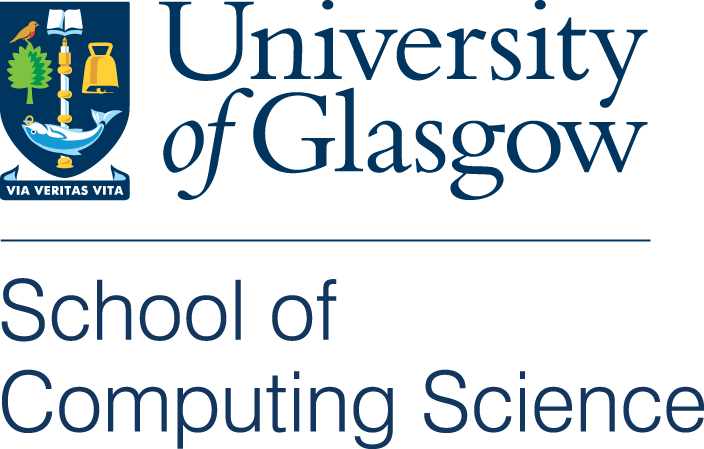SFMoVeS: Scottish Seminar on Formal Modelling, Verification, and Synthesis
- a SICSA-funded Workshop co-located with QEST 2019 -
Glasgow, Monday 9 September 2019
About SFMoVeS
Our aim is to bringing together researchers from SICSA institutions interested in formal modelling, verification and synthesis applied to computer systems and networks.
Venue and Date
Venue: SAWB 423, Sir Alwyn Williams Building
School of Computing Science, University of Glasgow
18 Lilybank Gardens, Glasgow, G12 8RZ
Date: 9 September 2019, 10:00 -- 16:00 lunch included
Organisers and Sponsors
Chairs: Oana Andrei and Michele Sevegnani (University of Glasgow)
Sponsors: SICSA and School of Computing Science, University of Glasgow

